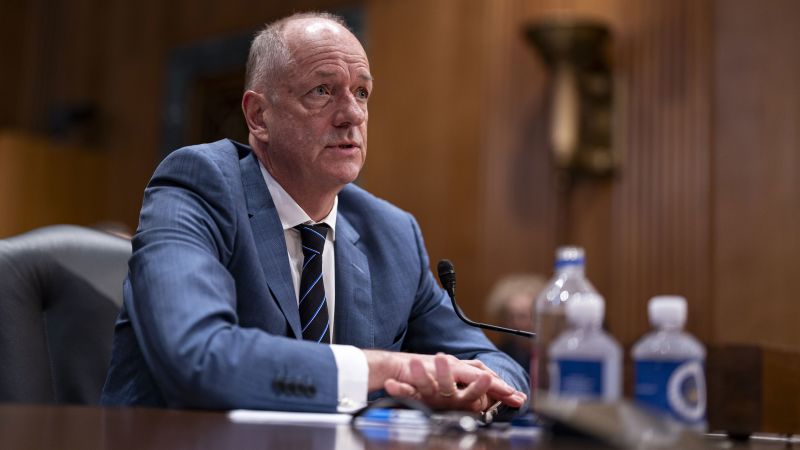In a significant development in the corporate landscape of health care, UnitedHealth Group has announced the immediate resignation of its Chief Executive Officer, Andrew Witty, citing “personal reasons.” This unexpected decision was made public by the company on Tuesday, leaving stakeholders and analysts reacting to the rapid change in leadership. Witty has led the health care giant for four years, and his departure marks a transitional period for one of the largest health insurers in the United States.
Stephen Hemsley, who serves as the chairman of UnitedHealth’s board, will take the reins as the new CEO. Hemsley brings with him a wealth of experience, having previously held the CEO position from 2006 to 2017. His return to the helm comes at a crucial time for the company. Although Witty will step down from his executive role, he is expected to maintain a limited advisory capacity to Hemsley, which may provide stability during this leadership transition.
In official remarks regarding Witty’s departure, Hemsley expressed profound gratitude for Witty’s leadership over the years, particularly during tumultuous times. He highlighted that Witty’s “stewardship of UnitedHealth Group, especially during some of the most challenging times any company has ever faced,” was greatly valued by the organization. Furthermore, Hemsley extended best wishes from the company to Witty and his family, indicating a respectful and amicable parting of ways.
Witty’s tenure has certainly not been without turbulence. Notably, he played a critical role in steering the company following the tragic murder of Brian Thompson, the former CEO of UnitedHealthcare, last year. Thompson’s death, which occurred outside a New York hotel, thrust UnitedHealth and the broader health insurance industry into the spotlight, provoking a nationwide dialogue on both safety and ethics within the sector. Witty responded by publicly acknowledging flaws within the U.S. health system, emphasizing that insurance coverage decisions were often misunderstood by the public.
Additionally, Witty proactively defended UnitedHealthcare in light of the criticisms surrounding the industry, while also accepting part of the responsibility for the lack of transparency concerning care decisions. His candid approach garnered attention for highlighting not only the systemic flaws present in health care but also the need for better understanding among insured consumers.
On the same day of Witty’s resignation announcement, UnitedHealth Group also disclosed that it has suspended its financial outlook for the fiscal year. This suspension comes in response to costs associated with Medicare Advantage plans, which exceeded previous forecasts. The company anticipates a return to growth by 2026, signaling cautious optimism for the future despite current financial challenges.
This past month, during a call with analysts, Witty described UnitedHealth’s overall performance as “frankly unusual and unacceptable.” Following this earnings report, the company’s shares experienced a significant drop—over 20%—marking the largest one-day decline the company has seen in nearly thirty years. Yet another reflection of the company’s fragility was seen with the stock price falling nearly 11% in premarket trading on the day of Witty’s departure.
In terms of market dynamics, this transition at the executive level and the accompanying financial uncertainties can potentially create ripples throughout the healthcare sector. Investors and analysts will be keenly watching how Hemsley plans to navigate these challenges as he resumes leadership. There is a growing expectation that strategic restorations in operational focus and investor confidence will be paramount going forward.
Ultimately, Andrew Witty’s resignation and Stephen Hemsley stepping in could mark the beginning of a new chapter for UnitedHealth Group. The company’s future will largely depend on how effectively Hemsley and the board respond to the ongoing challenges in the health insurance market.



